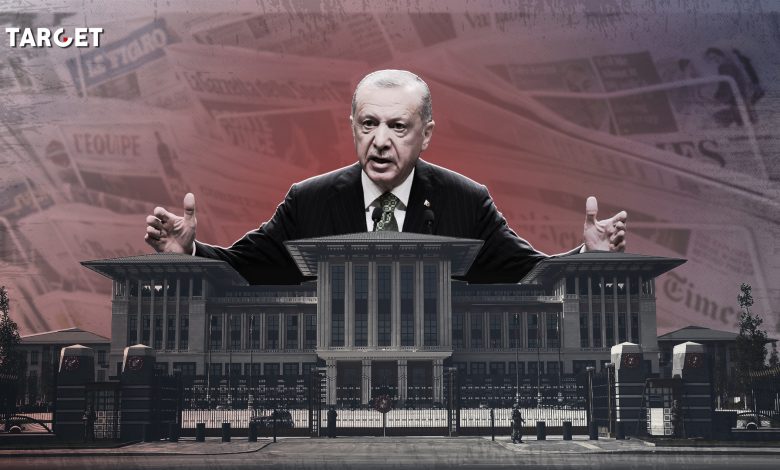Turkey failed to meet basic principles for democratic elections
The joint observation mission of the OSCE Office for Democratic Institutions and Human Rights (ODIHR), the OSCE Parliamentary Assembly (OSCE PA) and the Parliamentary Assembly of the Council of Europe (PACE) issued a joint statement of their preliminary findings and conclusions on the 14 May elections. The international election observation consisted of 401 observers from 40 countries. International observers found that the legal framework in Turkey did not fully provide the necessary basis to conduct democratic elections.
According to the findings, Turkey’s general elections were well-run and offered voters a choice between real political alternatives, but the current president and the ruling parties had an unjustified advantage. Observers said that the continuing restrictions on freedoms of assembly, association, and expression have hindered the participation of some opposition politicians and parties, as well as civil society and independent media. It is added that measures for facilitating registration and voting for the earthquake victims were limited, making it harder for the voters to travel to the ballot boxes. A substantial number of the citizens who were displaced after the earthquake were not able to return to their permanent residences to vote.
Frank Schwabe, head of the PACE delegation, expressed the inequality as follows: “Key political and social figures are in prison despite European Court of Human Rights rulings, media freedom is severely restricted and there is a climate of self-censorship. Turkey is far from creating fair election campaign conditions.” International observers also note that while the process was generally well organized, important safeguards were not always implemented, particularly during counting. It is also stated that family and group voting were occurring frequently. Ambassador Jan Petersen, head of the ODIHR observation mission noted that ‘the work of the election administration was lacking in transparency, as well as the overwhelming bias of the public media and the limitations to freedom of speech’.

